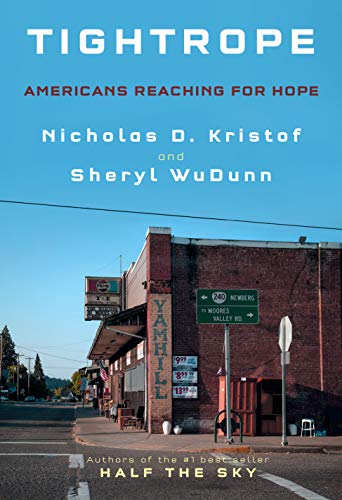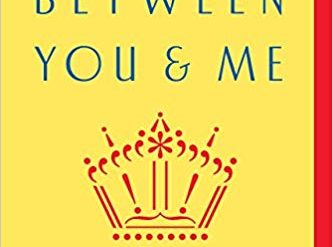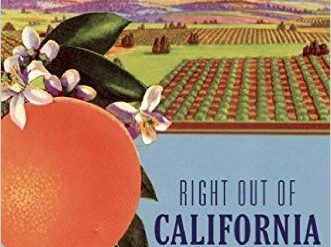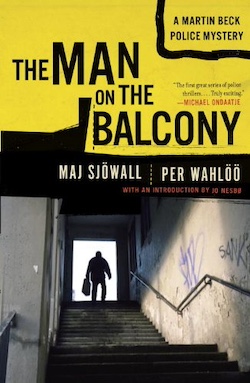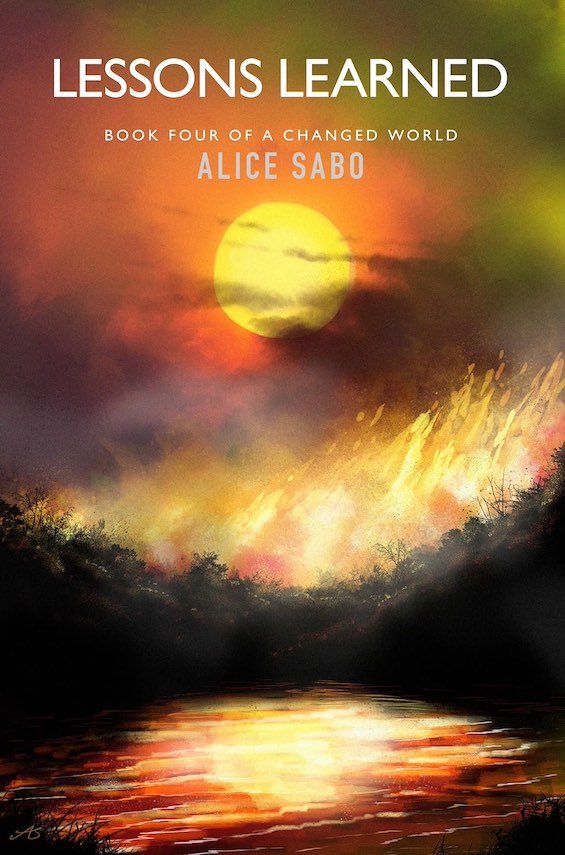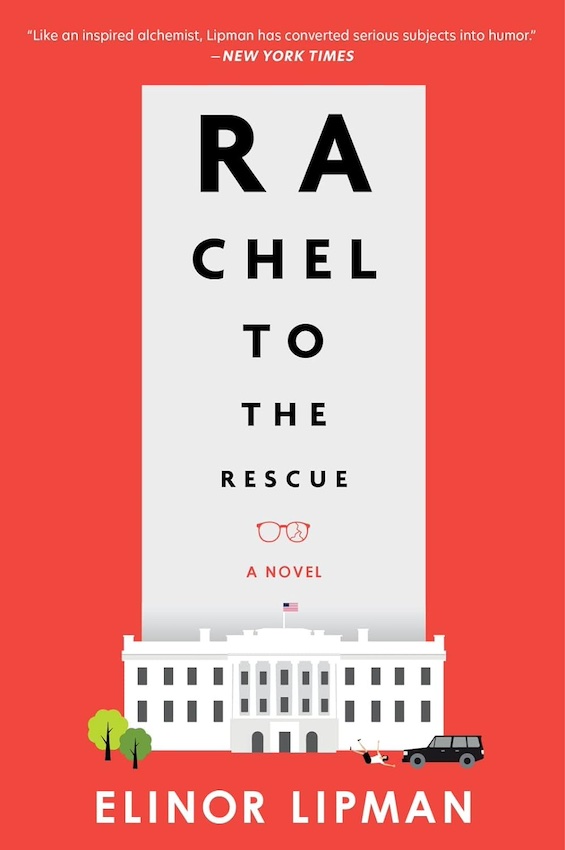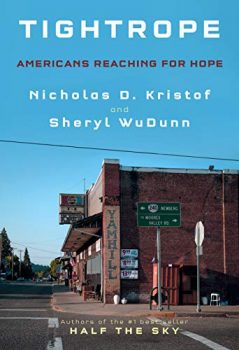
If you wonder what’s gone wrong in America and why our society is so deeply divided, you’ll find a lot of the answers in Nick Kristof and Sheryl WuDunn‘s brilliant new book, Tightrope. You’ll also find a litany of possible solutions to the problems they expose. Tightrope could be the playbook for an activist Secretary of Health and Human Services in a progressive future administration. Like the couple’s earlier bestseller, Half the Sky, the book pairs deeply entrenched social problems with imaginative experiments undertaken by nonprofits and the private sector as well as government — and in the process delivers a hopeful message about poverty in America.
Poverty in America hits home for the authors
Tightrope is a profoundly personal book for Kristof and WuDunn. Many of the stories in their account of the impact of poverty and drugs on American society involve Kristof’s boyhood classmates, friends, and neighbors in the small farming community of Yamhill, Oregon. Kristof and WuDunn have been married for more than thirty years and frequently visit the farm where his parents still live, so it’s personal for her as well. And clearly the experience of reporting for this book was wrenching for both, as they witnessed how the lives of so many people they’ve known have unraveled in the grip of forces they cannot control.
Tightrope: Americans Reaching for Hope by Nicholas D. Kristof and Sheryl WuDunn (2020) 321 pages ★★★★★
Poverty in America compared to the Third World
Since I’ve traveled extensively in poor countries (as Kristof and WuDunn have done to an even greater extent), I’ve long known that poverty wears a different face in the Global South than it does in the United States of America. And the authors address this disparity. “While poor Americans may have color TV and access to hospital emergency rooms,” they write, “they also have a life expectancy similar to that of Mongolia, a homicide rate higher than that in Rwanda and an incarceration rate that is the highest in the world. What we found everywhere in our journey, in white communities or black ones, in cities or rural areas, was that the defining ethos of life in the homes of kids like [those they’ve profiled] is disorder, dysfunction, despair and danger.”
How has this happened?
Why? How has American society degenerated to this appalling extent? “These difficulties have been driven partly by technology, trade and automation, it is true,” Kristof and WuDunn conclude, “but mostly they have been driven by policy mistakes and by a distorted obsession with personal responsibility.” The solution they advocate involves reframing the argument about poverty and opportunity and enacting a host of policies designed to address the roots of the problem.
A hopeful message about poverty in America
In Tightrope, Kristof and WuDunn travel the back roads of America, studying private and local programs, often undertaken by philanthropists, to address the problems they observe. And they find a great deal of hope in what they find. However, the roots of those problems lie in the wrong turn that the federal government has taken over the past half-century. Instead, they advocate a host of progressive reforms:
- High-quality early childhood education
- Universal high-school graduation, including expanded vocational education
- Universal health coverage
- Elimination of unwanted pregnancies
- A monthly child allowance
- An end to homelessness for children
- Baby bonds to help build savings
- A right to work, including national service
- Reversion to the tax rates of the mid-to-late 1990s
- Closing the loopholes that allow the ultra-wealthy to avoid paying taxes
Obviously, this list is aspirational. But the experience of small-scale local experiments has shown that reforms of this sort are essential if we are ever to come to grips with the true dimensions of poverty in America.
For further reading
Previously I also reviewed Half the Sky: Turning Oppression into Opportunity for Women Worldwide by Nick Kristof and Sheryl WuDunn. My review is at “Turning oppression into opportunity for women worldwide.”
This is one of the Good books about economic inequality reviewed here.
You might also be interested in four other books that explore what some have called the “underclass” in American society:
- Deer Hunting with Jesus: Dispatches from America’s Class War by Joe Bageant (On the front lines of America’s class war)
- Hillbilly Elegy: A Memoir of a Family and Culture in Crisis by J. D. Vance (Hillbilly? Redneck? White trash?)
- Educated: A Memoir by Tara Westover (A remarkably candid memoir about growing up survivalist)
- Evicted: Poverty and Profit in the American City by Matthew Desmond (Does the profit motive cause homelessness?)
For books on closely related topics, also see:
- 10 enlightening books about poverty in America
- Narrowing global inequities: a reading list
- The top 10 books on the economics of poverty
- Top 10 nonfiction books about politics (plus dozens of runners-up)
And you can always find my most popular reviews, and the most recent ones, plus a guide to this whole site, on the Home Page.

